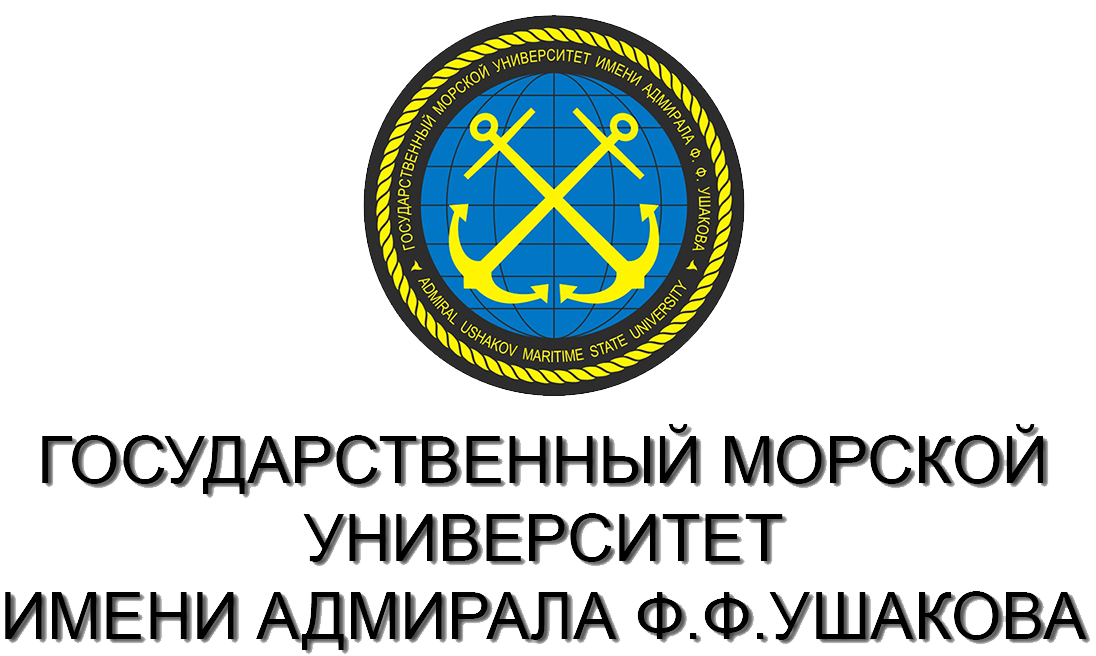Freedom of open seaspace is one of the fundamental principles of international law. Such freedom means the possibility of ships of various nationalities belonging to any country, to be unhindered (to go, go out, move) any part of the open seabed, not included in the territorial inner water of a particular state. However, in order to streamline maritime shipping and avoid the emergence and anarchy in the practical implementation of the specified principle, international law includes a number of rules that create certain legal frameworks for use by the courts of such freedom of movement and preproduce States to ensure that their national legislation meets the requirements of international rights. One of the fundamental moments is that any vessel in the open seaspace must have a national character. A vessel who does not bear signs of national affiliation cannot be protected by international law. Such a vessel cannot exercise right transportation and swimming. The port authorities may refuse to enter. The work of the organizational and legal aspects of the management of the company, the rights and obligations of management personnel are investigated. A systematic analysis of the legislation of typical representatives of offshore zones was performed.
ship registers, traditional registers, "dependent registers", "Open registers and" second "(international registers")
1. Garkusha V. Bor'ba s offshorom: Rossiyskiy i Ukrainskiy opyt// Offshore journal/ - K.: Ellayd Editors.2003. - Vyp. 5. -S. 10-13
2. Goncharenko V. Mezhdunarodnye strahovye kom panii v Sent Lyusii ( British Virgin blands) // Offshore journal/ - K.: Ellayd Editors, 2004,-Vyp. 1-2.-S.24-25.
3. Goncharenko V. Offshornye strahovye kompanii Sent -Vinsent i Gremadiny// ( British Virgin blands) // Offshore journal/ - K.: Ellayd Editors, 2004.-Vyp. 1-2. - S.26-27.
4. Goncharenko V. Keptivnye strahovye kompanii: Britanskie Virzhinskie ostrova// ( British Virgin blands) // Offshore journal/ - K.: Ellayd Editors, 2004.-V'sh. 6,- S.28-29.
5. Deruzhinskiy G.V. Organizacionno - metodolo gicheskie aspekty sudovogo menedzhmenta / G.V. Deruzhinskiy, A.L. Boran-Keshish'yan //Ekspluataciya morskogo transporta,- 2018 - №3(88).- S. 15-27
6. Zorina O.I. Offshornaya deyatel'nost', kak in strument nalogovogo prava. - Odessa: Lastar, 2020.-83 s.
7. Kovtonyuk A., Panama i Beliz zhemchuzhiny off shornogo biznesa // Offshore journal/ - K.: Ellayd Editors, 2004.-V'sh. 1-2- S.36.
8. Lokatareva E.V. Mezhdunarodnoe nalogooblozhe nie i offshornye centry. - Odessa: AstroPrint, 1999. - 148 s.
9. Lugovcov A.F. Mednikov V.A., Vasil'ev V.P. Upravlenie akcionernoy kompaniey. - Sankt-Piterburg: OLBIS, SATIS, 1997. - 304 s.
10. Markov V.V. Offshrnyy biznes: preimuschestva i nedostatki // Razvitok mekschv upravlgniya ta gospodaryuvaniya na transporti: 36. nauk, parac'. - Odessa: ONMU, 2020. -Vip. 14. - S. 110- 130
11. Markov V.V. Analiz organizacionno - pravovyh aspektov offshornyh zon Evropy // Ekonomzho-pravovi aspektii rozvitku transportnyh siste: 36. nak. parac'. Odessa: ONMU, 2002. - Vip. 14. - S.110-130. Odessa: ONMU, 2003.-Vip. 5.-S . 199-208
12. Markov V.V. Sudovoy menedzhment. Uchebnoprakticheskoe posobie. Na russkom i angliyskom yazykah. - Odessa, izd-vo KP OGT, 2012.
13. Tereschenko M. Izbezhanie dvoynogo nalogooblozheniya // Offshore journal/ - K.: Ellayd Editors, 2003.-V'sh. 9-10.-S.12-15.
14. Markov. V.V. The development of tde shipping management and inflyence of offshore policy thereon (dissrtaion), institute of chartered Shipbrokers, Eondon. 2006,- 76 p.
15. Farthing B, Brownrigg M. Farthing intemating B. nythird Lioydson London Press Ltd ,1997.-261 p.
16. Kappel. The Norwegian International Ship Register -ANewApproach of a Traditional Shipping Nation. Bremen, 1988.











